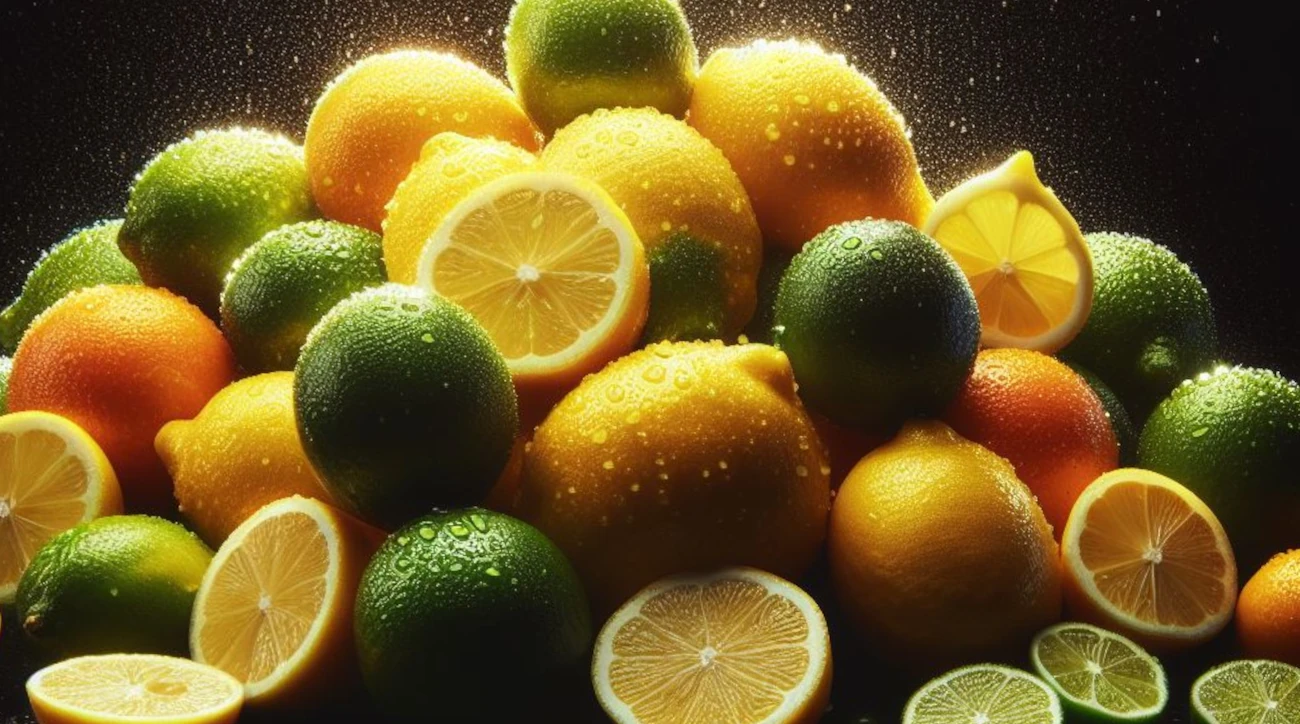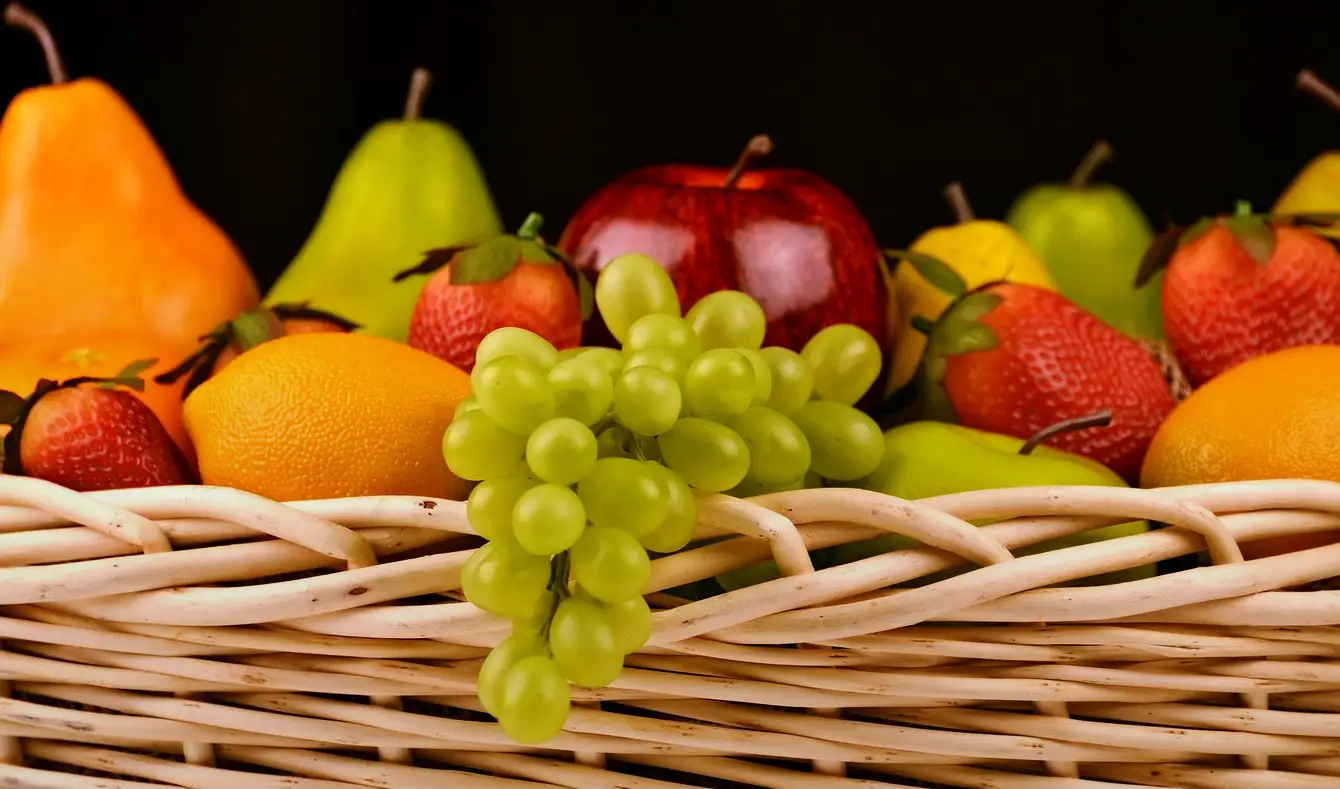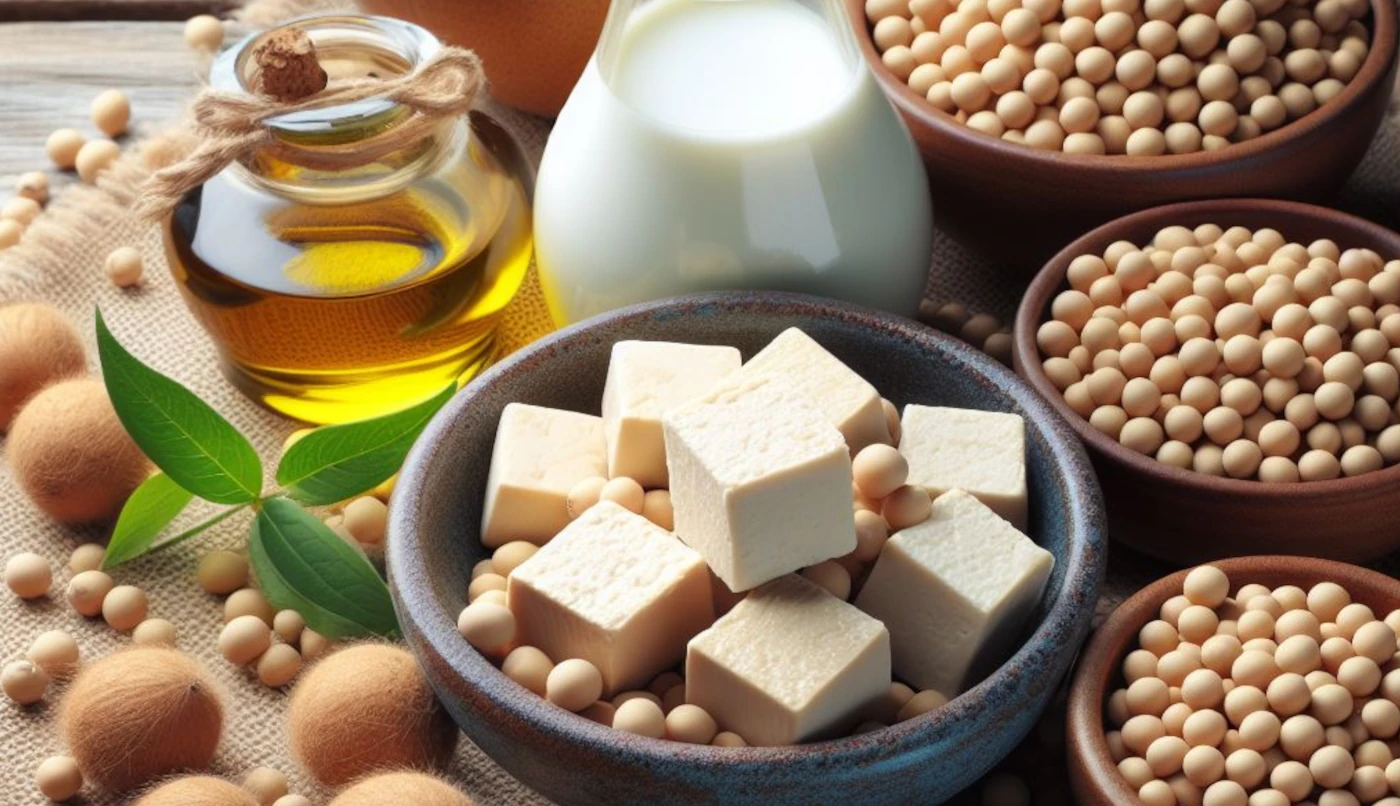Lemon Lysine and Arginine Info Sheet
Overview
Lemon is a citrus fruit that has a sour taste and a yellow color.It is often used as a flavoring agent or a garnish in drinks and dishes.
Lemon is rich in vitamin C, which helps boost the immune system and prevent scurvy.
It also has some antioxidants, flavonoids, and phytochemicals that have anti-inflammatory and antibacterial properties.
| Name | Lysine (mg/100g) | Arginine (mg/100g) | Ratio |
|---|---|---|---|
| Lemon | 39mg | 30mg | 1.3 |
Lemon contains 39mg of Lysine and 30mg of Arginine per 100g of product.
This means Lemon has a high Lysine-Arginine ratio of 1.3.
Because Lemon contains slightly more lysine than arginine, increasing its consumption may benefit people who suffer from herpes, as it may boost the immune system.
Lysine Considerations
Lemon has a low amount of lysine, which is an essential amino acid that the body cannot produce.
Lysine is important for protein synthesis, collagen formation, and immune function.
Lysine has the potential to prevent or treat cold sores, which are blisters caused by the HSV-1 virus, also known as herpes.
Lysine operates by stunting the proliferation of HSV-1, which relies on another amino acid, arginine, to reproduce and infect cells.
Lysine can only be acquired through our diet, and is present in multiple high-protein foods such as eggs, milk and cheese, fish, meat and poultry.
Arginine Considerations
Lemon also has a low amount of arginine, which is a semi-essential amino acid that the body can produce in limited amounts.
Arginine is important for nitric oxide production, blood vessel dilation, and wound healing.
Arginine has many benefits for our wellbeing and performance, such as lowering blood pressure, enhancing wound healing, and increasing exercise endurance.
Arginine can also affect the herpes virus, which causes cold sores and genital herpes.
Studies suggest that arginine may help the virus grow and cause outbreaks, so people with herpes may want to avoid foods that are high in arginine or take lysine supplements to block its effects.
Lysine-Arginine Ratio
Lemon has a high lysine-arginine ratio, which means that it has more lysine than arginine.
This ratio may affect the balance of herpes simplex virus (HSV) in the body, as lysine inhibits and arginine promotes HSV replication.
A high lysine-arginine ratio may help prevent or treat HSV infections.
Lysine and arginine are both amino acids that are involved in protein synthesis and other metabolic processes.
That said, they have opposite effects on the herpes simplex virus, which causes cold sores and genital herpes.
Lysine can prevent the replication of the virus, while arginine can stimulate it.
Because of this, eating foods that have a high lysine-arginine ratio may help reduce the frequency and severity of herpes symptoms.
Some examples of foods that have a high lysine-arginine ratio are milk, cheese and yogurt, fish, poultry, fruits, and vegetables.
These foods can provide the body with enough lysine to block the availability of arginine by the virus, and thus prevent its growth and spread.
Dietary Considerations
Fruits are generally high in natural sugars, water, and vitamin C.
Some fruits have more lysine than arginine, such as papaya, mango, apricot, apple, pear, fig, and avocado.
These fruits can help prevent or lower herpes outbreaks, as lysine can counteract the effects of arginine.
Other fruits have more arginine than lysine, such as oranges, tangerines, grapes, bananas, strawberries, and kiwis.
These fruits can still be consumed in moderation, as they have other health benefits.

For example:
A diverse and nutritious diet that supports your immune system and fights inflammation is essential.
This means you should eat lots of fruits, vegetables, whole grains, lean protein, and healthy fats, and steer clear of processed foods, added sugars, alcohol, and caffeine, which can harm your health.
Drinking enough water to keep yourself hydrated and remove toxins from your body.
Water can also help prevent dryness and irritation of the skin and mucous membranes, which can result in fewer outbreaks.
You may want to take l-lysine supplements.
L-lysine is known to prevent herpes outbreaks and it can help stop a cold sore in its initial stages by "starving" the virus of arginine before it has a chance to cause a cold sore.
Foods that can boost your immunity and fight inflammation are essential to prevent outbreaks.
Honey, yogurt, aloe vera, and chamomile are some examples of these foods.
They can also soothe your symptoms and help you recover quicker by reducing pain, swelling, and itching.
Check more food information






